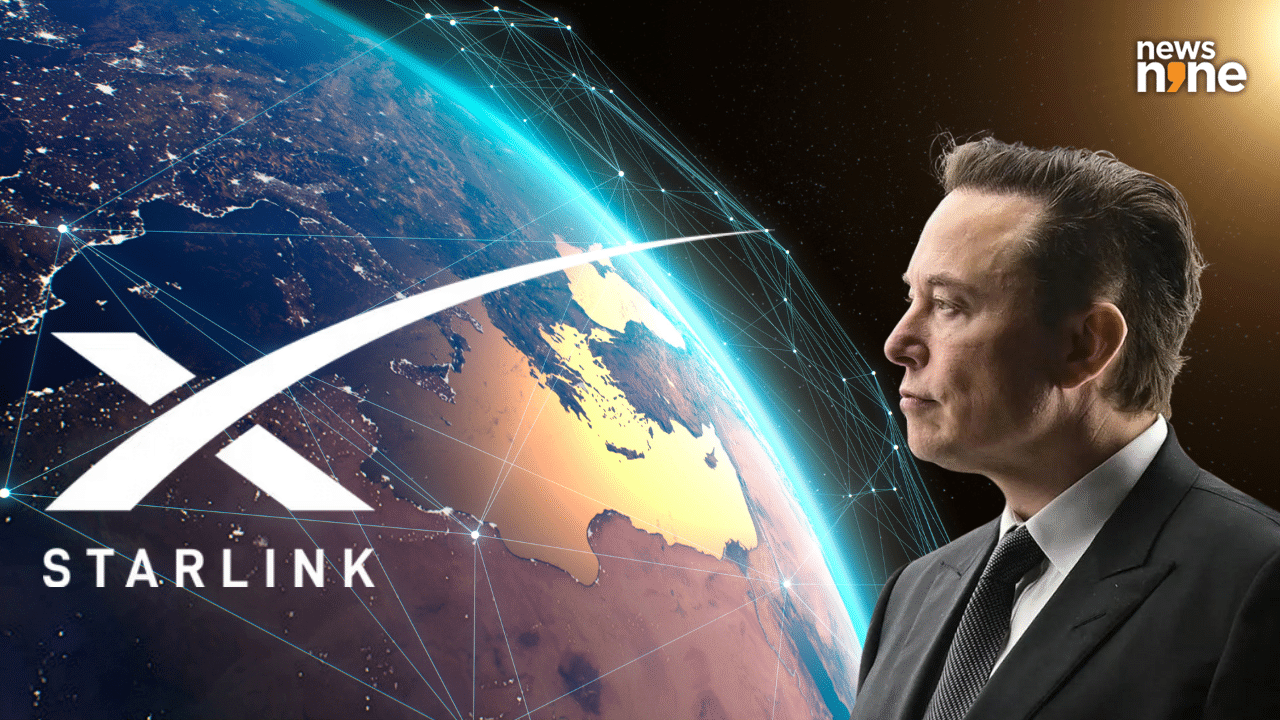Pemmasani Chandra Sekhar, the Union Minister of State for Telecom, has declared that the Elon Musk-led Starlink will not be able to connect more than 20 lakh (2 million) in India. In a BSNL review meeting, the minister asserted that the satellite-based internet service will have the capacity of a 200 Mbps speed, but this speed will be very expensive, and thus in the cities, its use will not be very wide.
The minister ruled out any significant threat to BSNL or any other telecom service provider because the hardware of Starlink and its monthly subscription rate are expensive. He has estimated that the monthly subscription of Starlink services would be approximately Rs 3,000, and therefore, it would not be affordable to most of the users. The service is likely to target the rural and remote places where the traditional networks can hardly reach.
BSNL strengthens 4G network
The minister said that BSNL has finished its 4G launch and will not raise rates. The telecom firm made a statement that the first quarter results of the ongoing financial year showed a 20-30% increment in revenue. This increase is credited to the enhanced network performance after solving the previous technical problems.
BSNL has transformed approximately 30,000 power stations at a cost of Rs 600-700 crore, and this has increased the network uptake and customer satisfaction remarkably. The company is currently concentrating on taking up members in terms of changing subscribers, and within this telecom circle, a set of targets has been allotted.
BSNL focuses on indigenous tech
On his part, the minister gave an answer to the question on the usage of Chinese telecom equipment, saying BSNL will replace its 2G and 3G network, part of which runs on Chinese companies equipment like ZTE. The government seeks to have the complete transition of BSNL towards local technologies to minimise the dependence rate and its maintenance expenses.
Starlink’s India launch expected by 2026
Starlink may begin operation in India possibly at the end of 2025 or beginning of 2026, provided there are no regulatory barriers. Although the company can offer promotional offers below the mark of 10 dollars (roughly Rs 840) a month, TRAI has proposed a minimum monthly fee of 500 rupees in urban locations.
Moreover, Starlink might have some regulatory levies, such as a 4 percent levy on adjusted gross revenue, an annual satellite spectrum fee of Rs 3,500 per MHz, and also an 8 percent license fee, which would only escalate the cost of the service in India.
